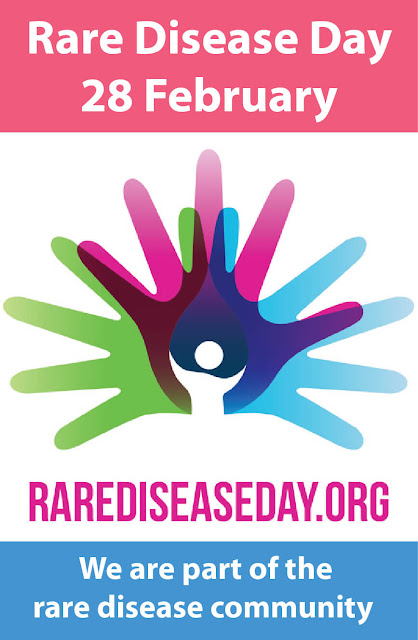Precerpt from Raising God's Rainbow Makers: And Then They Became Adults

It just happened. Not overnight. I just seemed like it. All the rainbow makers had lived -- and become adults. Now what? As we were to find out, the answer to that question was on us. We found out the Catch-22 of adult rare disease care. Pediatric teams were clearly trained and resourced for congenital complexity—but they discharged based on age, not need; typically, age 12. Sorry, Doah, they said, we just now have a diagnosis for you -- CHARGE Syndrome (a newly discovered syndrome), but you are a big boy now, about to be a teenager, so goodbye. At last, finally, we had a label, but no way ahead and no doctors. PCPs available in our area, of course, knew nothing about CHARGE, but they did their best to treat Doah, treating him like any other teenager and then young adults, and now aging adult. Adult systems, we learned, are siloed and symptom-focused, often lacking interdisciplinary coordination or rare disease literacy. Clinicians fear liability or “not knowing”, so th...


